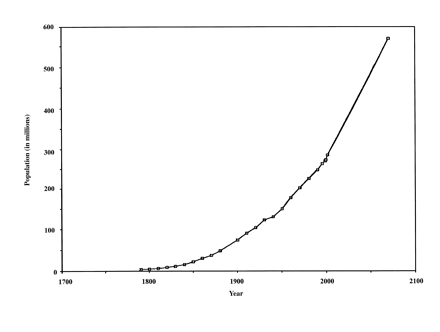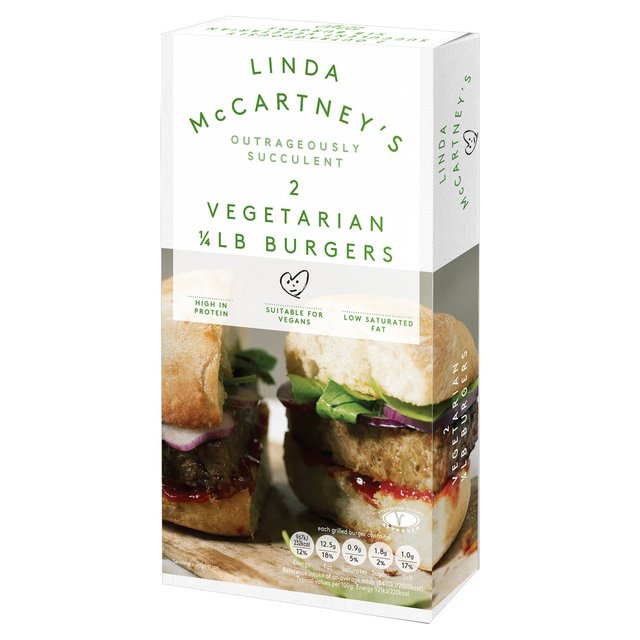BrockBlitz
Club Legend
The only argument for veganism is a moral one.
Every vegan health related study is pretty much trash. All diet based studies are terribly poor quality because they are surveys. This is true in any direction of food related studies unless they are investigating direct biochem.
Every vegan health related study is pretty much trash. All diet based studies are terribly poor quality because they are surveys. This is true in any direction of food related studies unless they are investigating direct biochem.








